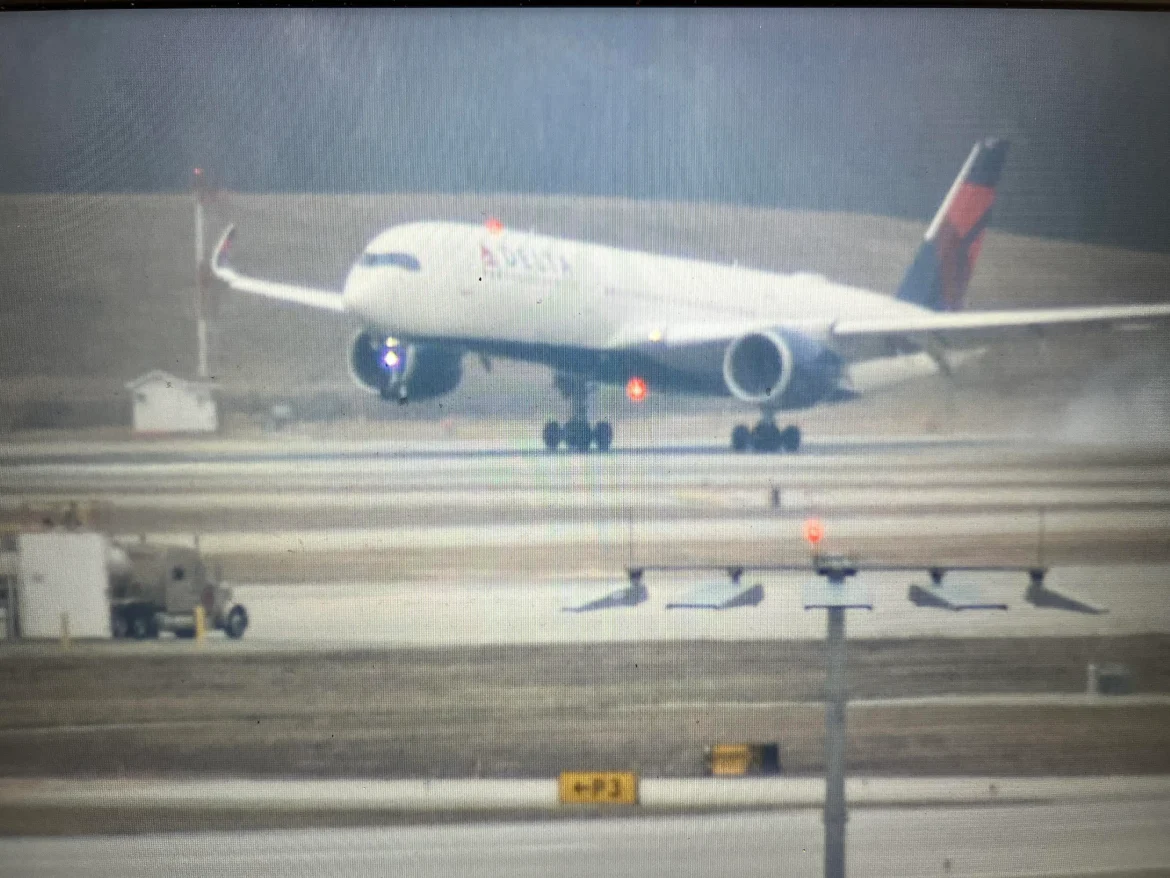Airport operations across the United States remain heavily disrupted as the government shutdown, now in its second week, continues to strain the Federal Aviation Administration (FAA).
The shutdown, which began on Sept. 28, has caused widespread flight delays after staffing shortages hit air traffic control centers. FAA officials said limited personnel have slowed airport operations nationwide, forcing controllers to handle heavier workloads under growing pressure.
Major airports in Houston, Dallas, Nashville, Chicago, and Newark have reported significant slowdowns. More than 3,000 flights have experienced delays, while Denver and Newark airports have implemented ground holds to ease congestion.
The FAA has deployed contingency measures to maintain flight safety, but those efforts have only partially reduced delays. Many essential workers remain on duty without pay, heightening fatigue and stress among staff.
Airlines have adjusted schedules and warned passengers to expect disruptions. At Nashville International Airport, delays have reached over two hours, while Chicago O’Hare continues to face operational challenges.
The International Air Transport Association (IATA) said the shutdown has not yet triggered mass cancellations but warned that prolonged disruptions could increase financial strain on airlines already facing higher fuel and rerouting costs.
Industry leaders have urged Washington to create stronger safeguards to protect critical transportation systems during government shutdowns. The situation underscores the deep connection between federal operations and essential services.
As negotiations in Congress stall, travelers continue to face uncertainty. The FAA and airlines remain focused on restoring normal operations, but the impact of the ongoing shutdown shows no sign of easing soon.

